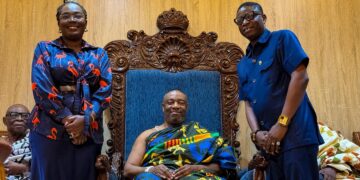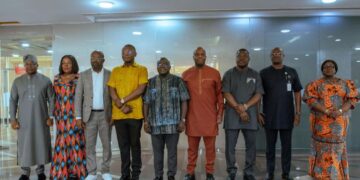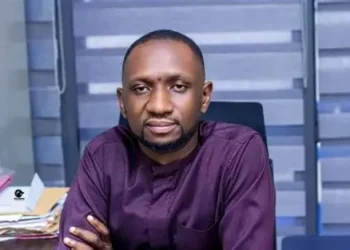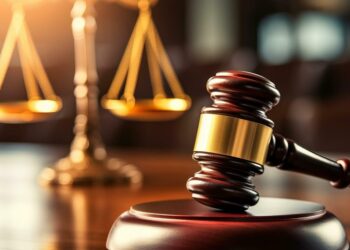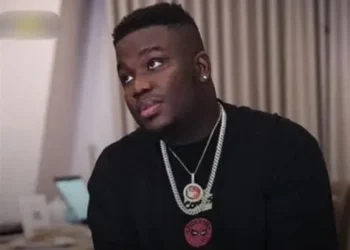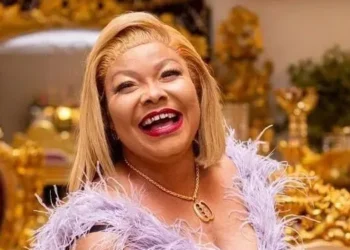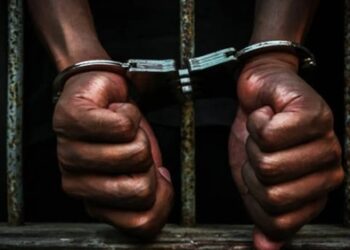The Supreme Court of Ghana has, by a 4–1 majority decision, dismissed two separate legal challenges seeking to halt the removal process of Chief Justice Gertrude Araba Esaaba Sackey Torkornoo.
The Court ruled that the applications lacked merit and were unconstitutional, thereby allowing the presidential investigative committee to proceed with its work.
The first case was filed by the Centre for Citizenship, Constitutional and Electoral Systems (CenCES), a civil society organisation, which sought to reverse President John Mahama’s suspension of the Chief Justice and stop the work of the committee established to consider her possible removal.
CenCES argued that the President’s action violated several provisions of the 1992 Constitution, including those guaranteeing judicial independence and due process.
In a writ dated May 15, 2025, CenCES contended that the formation of the removal committee was unlawful, as it was based on a prima facie determination that did not follow constitutional procedure under Article 146.
The group sought seven reliefs, including a declaration that the President’s suspension of the Chief Justice contravened Articles 125 and 127, and an order to strike down the suspension warrant issued on April 22, 2025.
CenCES also called for the committee’s activities to be suspended and raised concerns over potential conflict of interest.
The second case, filed by private citizen Theodore Kofi Atta-Quartey on May 20, 2025, similarly requested an interlocutory injunction to halt the work of the Article 146 committee and suspend the President’s warrant of suspension until the court ruled on his suit.
His application was filed through his lawyer, Ibrahim-Anyass Muhammed, and directed at the Attorney General.
The five-member panel that heard the cases comprised Justices Paul Baffoe-Bonnie (presiding), Issifu Omoro Tanko Amadu, Yonny Kulendi, Henry Anthony Kwofie, and Yaw Asare Darko.
Justice Asare Darko was the sole dissenter in both rulings.
In its decision, the apex court upheld the legality of the President’s action and the committee’s formation, effectively clearing the path for the continuation of the inquiry into the Chief Justice’s conduct.

